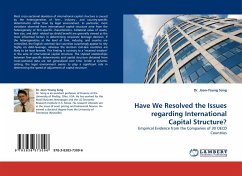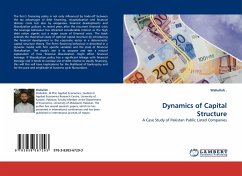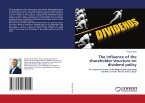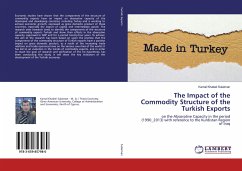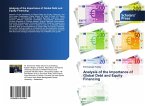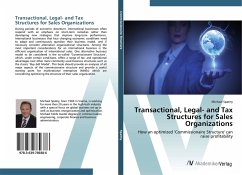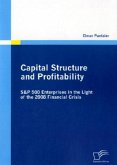Most cross-sectional deviation of international capital structure is caused by the heterogeneities of firm-, industry-, and country-specific determinants rather than by legal environment. In particular, most variations observed from international capital structure arise from the heterogeneity of firm-specific characteristics. Collateral value of assets, firm size, and debt- related tax shield benefit are generally viewed as the most influential factors in determining corporate leverage decision. If the heterogeneities at the level of firm, industry, and country are controlled, the English common-law countries surprisingly appear to rely highly on debt-leverage, whereas the German civil-law countries are likely to be least levered. This finding is contrary to a "received wisdom" in the area of international capital structure. The stylized relationships between firm-specific determinants and capital structure obtained from cross-sectional data are not generalized over time. Under adynamic setting, the legal environment seems to play a significant role in determining the speed of adjustment of capital structure.
Bitte wählen Sie Ihr Anliegen aus.
Rechnungen
Retourenschein anfordern
Bestellstatus
Storno

